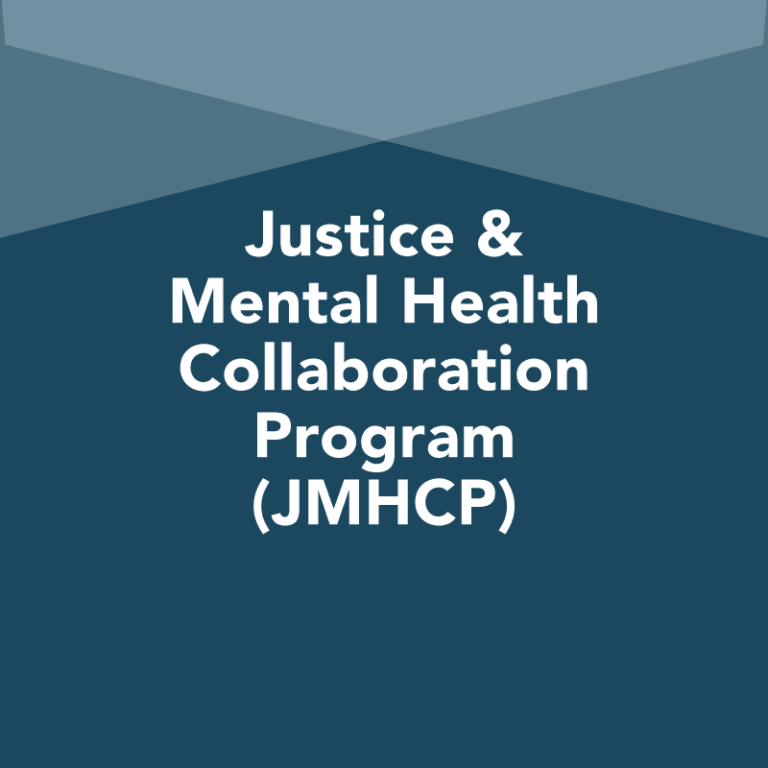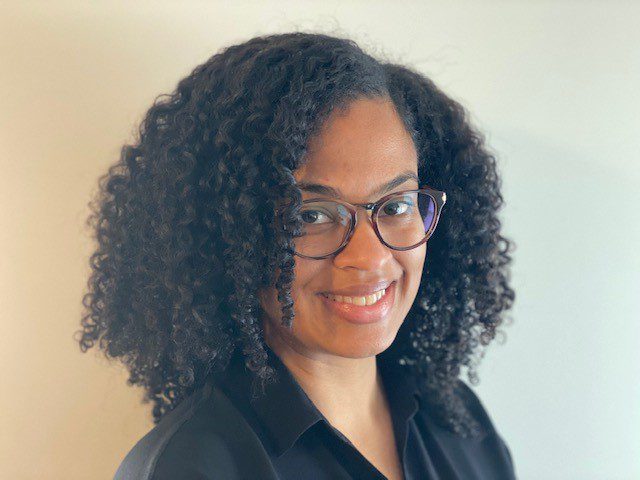Even as jurisdictions begin implementing the national 988 Lifeline to directly connect people to trained crisis counselors during emergencies, law enforcement agencies still have an important role to play to ensure mental health calls are responded to appropriately. Departments across the country are enhancing their responses by establishing police-mental health collaborations and embedding clinicians in their programs. This brief provides three tips for law enforcement leaders seeking to prepare their agencies for embedded clinicians and ensure a successful collaboration. Photo credit: Fauxels via Pexels.com
Related Resources

Preparing Law Enforcement Agencies for Embedded Clinicians
Crisis Systems, Law Enforcement, Mental Health
Read more
Building Successful Partnerships with Peer-Run Organizations
Co-Occurring Substance Use, Mental Health
Read more
FY2023 Planning and Implementation Guide for JMHCP Connect and Protect
Co-Occurring Substance Use, Law Enforcement, Mental Health
Read moreAuthors

Felicia Lopez Wright
Project Manager, Behavioral Health
Felicia Lopez Wright oversees training and technical assistance for Second Chance Act Crisis Response and Community Reentry grantees. She also contributes to projects on topics such as gender-responsive services for women in the justice system and enhancing crisis and justice system collaborations. Felicia previously provided training and technical assistance under the Justice and Mental Health Collaboration Program. Felicia is a licensed clinical social worker with over a decade of combined experience providing mental health therapy to demographically diverse populations in various care settings, special education case management in a public school district, and short-term counseling at a community court program. She earned a BA in psychology from The College of New Jersey and an MSW from Rutgers University.

Julia Kessler
Former Project Manager, Behavioral Health
As project manager, Julia Kessler worked with state and local law enforcement agencies to enhance collaboration between law enforcement, other criminal justice agencies, and behavioral health agencies. Before joining the CSG Justice Center, Julia was a senior program associate with the National Police Foundation (NPF) where she worked with law enforcement and communities around the U.S. to advance evidence-based policing practices to promote more inclusive and safe communities. Before joining NPF, Julia served with the United States Agency for International Development. Julia received her BA from Kenyon College and her MS in criminology from the University of Pennsylvania.